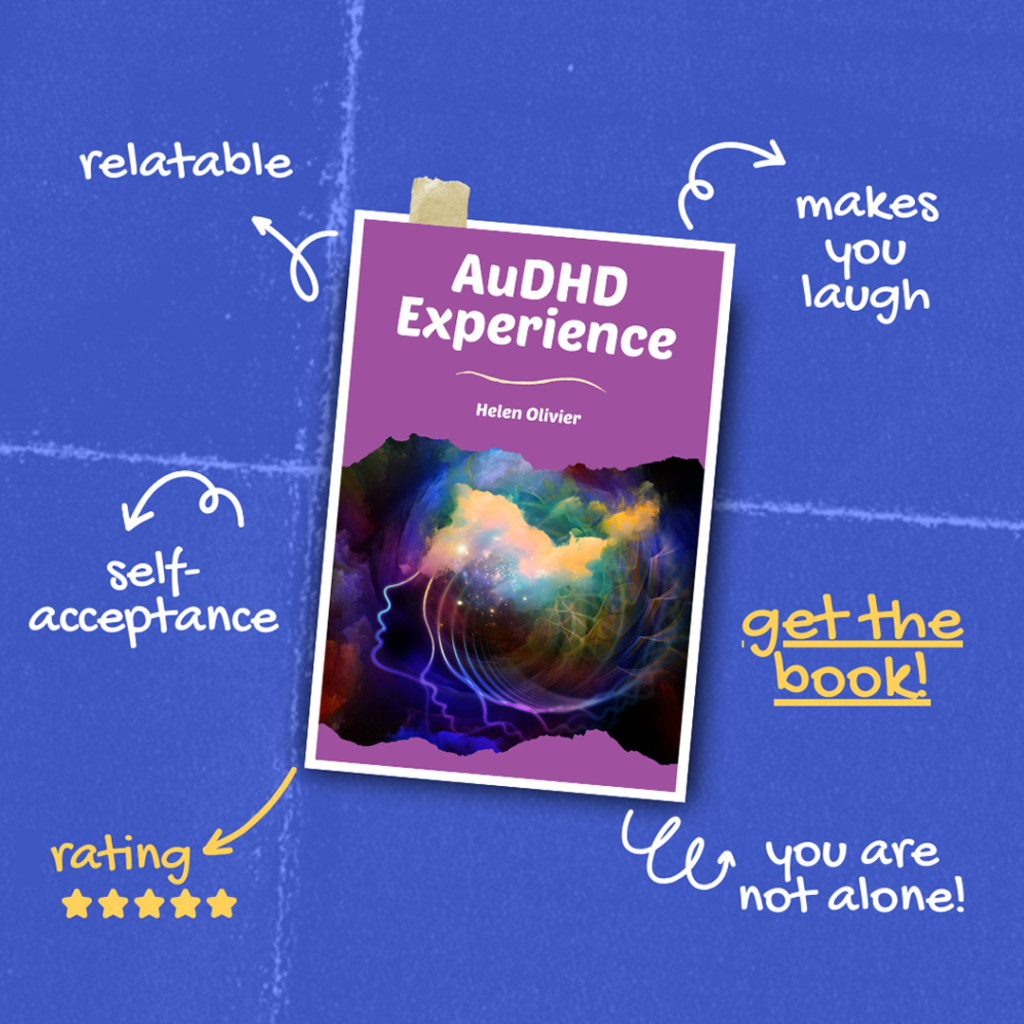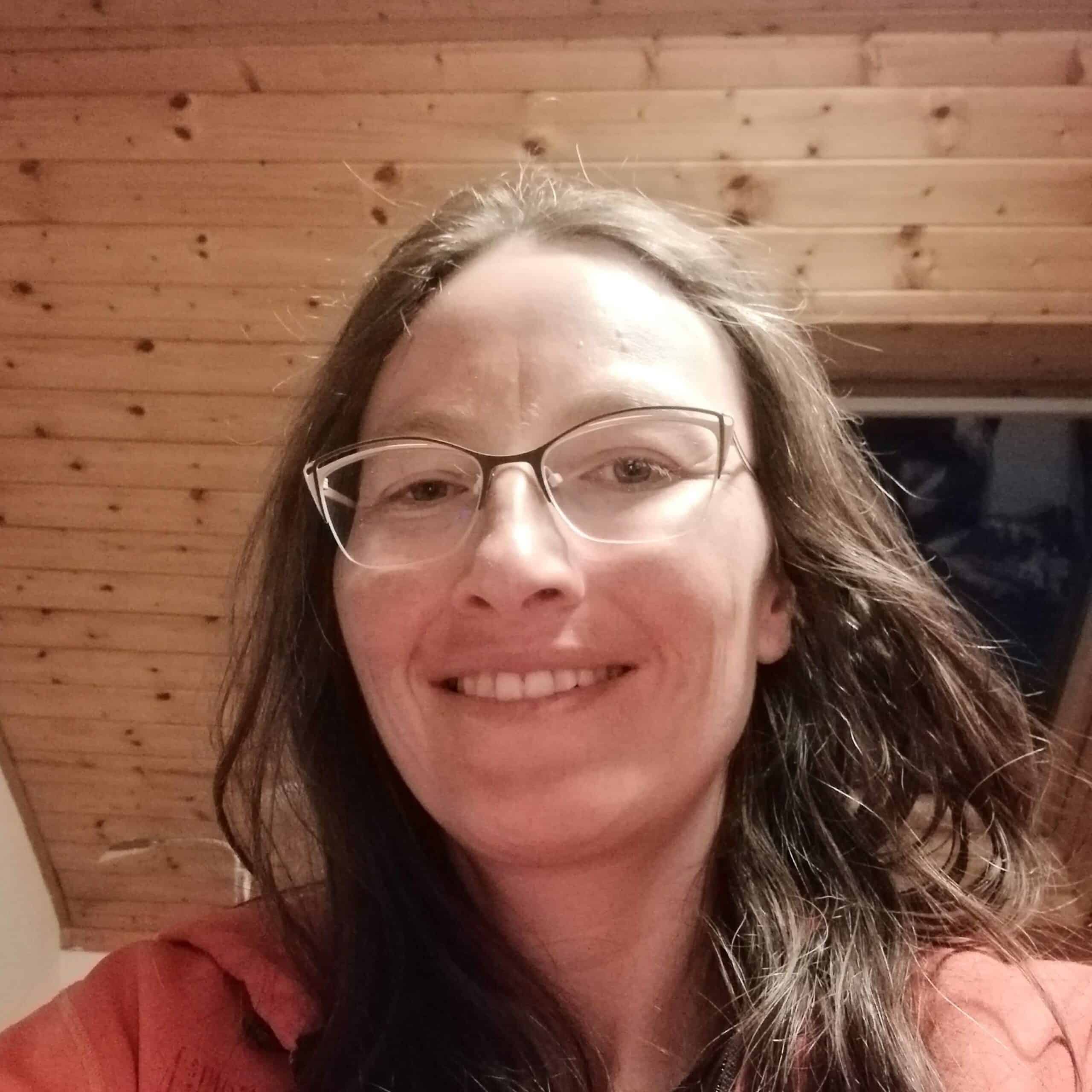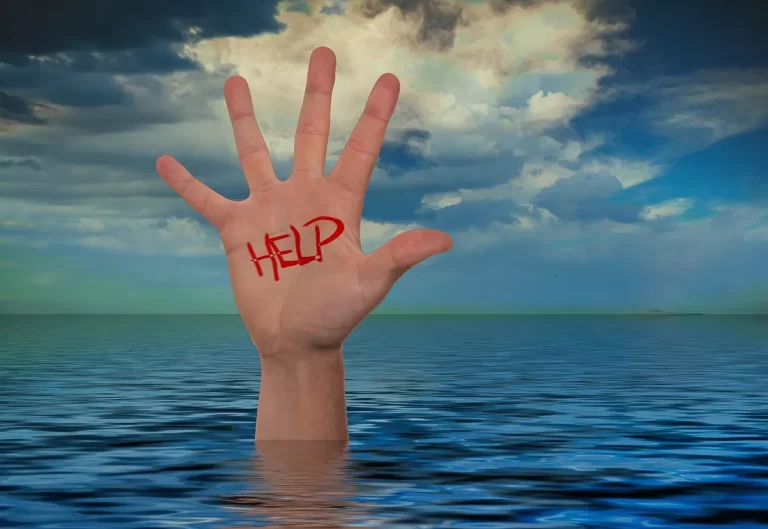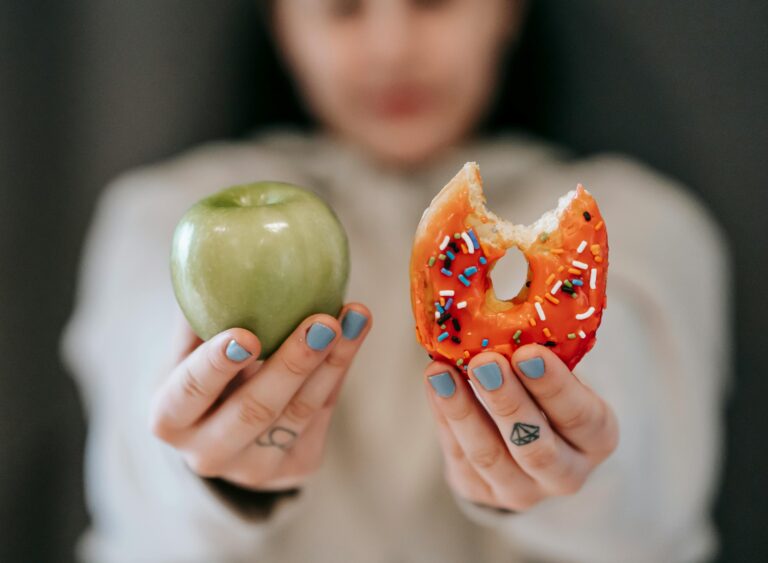Today I’m thinking about weakness and strength.
“I envy you that you can afford to be weak,” a friend told me a while ago. It made me think. Probably mostly because of the paradox. If being weak is something enviable, why do people attach a negative meaning to it?
I don’t consider myself weak. I used not to mind people attributing this quality to me because I don’t see myself that way. I’m not weak. I’m open about my feelings. And that’s not very common in today’s society, so much so that people can even find it unpleasant.
I think that calling people “strong” or”weak” is nonsense. I don’t think there’s such a thing as “weak” – it’s the same as trying to define the concept of “normal”. People are more complex than the artificial labels of “strength” and “weakness”.
Moreover, I believe that the concept of strength in our society is based on toxic masculinity (that women have also adopted). In other words – if you don’t show emotions, you are strong.
The cost of trying to be “adult enough”
For me, real strength, if you want to define it at all, is being able to be vulnerable. For most people, it’s hard, so why is it considered a sign of weakness? After all, doing something hard requires strength, doesn’t it?
If you can’t cry like a little child, you can’t laugh and rejoice like a little child. I aim to be more open, not less. It’s interesting that during early adulthood, peer pressure pushed me to try to be “adult” and “strong” in exactly that toxic way – by suppressing emotions, by closing myself off. Because the qualities that are associated with openness are considered childish, and childish is considered something less. (Why?) And I was tired of my friends looking at me as if I were “something less”.
Before I knew it, the effort to not be “weak” and especially to be “adult” enough in the eyes of others had pushed me to do what seemed wrong to me before. Trying to suppress openness and spontaneity. Now I’m working hard to get it back. I think most people still think I’m quite an open person, but I feel like I’m suffocating. I want to be myself again.
It would be nice if I weren’t judged for it.
Being childish isn’t an insult—it’s a superpower
But why did other people’s judgments overpower my own? Maybe it happened to me so that I could better understand the people around me. I think almost everyone fights this battle in their own heads. The toxic view of what a person should be like so that others would consider them equals has infected the entire society. And so here we are, all playing a charade to each other, how we are so adult, so serious, and yet we all secretly long to be a little more like little children. More spontaneous, more free. Some have this side of themselves suppressed to the point that they may not even be aware of this desire. But tell me honestly, am I wrong?
P.S. And yes, now it’s clear to me that “excessive” openness is an autistic trait. And you know what? I don’t care. For me, it’s an advantage, not the other way around. I had to go through some time of reflection before I realized that it’s impossible to separate what is the “autistic” me and what is just me. I’m just still me, the way I was born, the way the world has shaped me. The way I like myself. Especially when I’m like a little child. Being childish should be a compliment, not an insult. Because children know how to be authentic the best.
And being authentic is the best way to spend your life.

Do you feel like your brain is constantly fighting itself? The ebook AuDHD Experience dives into the chaos of living with both autism and ADHD, and why it’s not just double the challenge, but a whole different experience. Check it out now!


Helen Olivier is a neurodivergent writer, AuDHD explorer, and professional overthinker with 40+ years of lived experience in the wonderfully weird world of ADHD + autism. She writes for people who’ve been told they’re “too much” or “not enough,” offering comfort, clarity, and the occasional executive dysfunction survival hack. Her blog is her way of turning daily chaos into useful insights for other neurodivergent folks.





